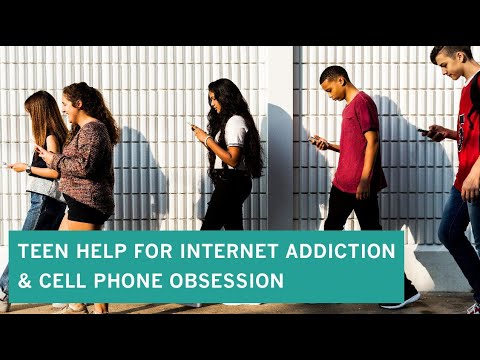How do I know if my teen is addicted to video gaming? Are you concern with the amount of screen-time your teen spends gaming?
Experts say that just because someone uses the internet (video gaming) a lot, or even obsessively, does not mean they’re addicted. There is some controversy over whether video gaming is an addiction comparable to gambling, drug abuse, or alcoholism.
How can a parent tell when gaming has stopped being simple entertainment and become an addiction?
Here are a few of the key warning signs to watch for:

- Losing interest in other hobbies
- Lack of personal hygiene
- Loses track of time online
- Anxiety, quick to anger, rage
- Loss of appetite, sleeplessness, irritated
- Explosive if your try to remove devices
- Using video games to escape reality
Health Risks and Concerns of Video Game Addiction
Compulsive video gaming can have negative effects on a developing mind or body. Listed below are a few of the key concerns for teens:
- Sedentary lifestyle: Hours spent sitting at a computer or in front of a device can take a toll on a young person’s body. The lack of physical exercise involved in video gaming has led to public health concerns about weight gain, poor posture, and an increased risk of type 2 diabetes in America’s children and teens.
- Lack of social engagement: Although video games require engaging with others in computerized environments, they do not necessarily prepare children for the realities of socializing with their peers.
- Problems with concentration and attention: There is some concern that the rapid movements and fast-paced action of video games promote a loss of concentration in players.
- Avoidance of developmental tasks: Adolescence is a time of self-discovery and personal development. To become mature adults who can take on the challenges of life, teenagers must learn how to confront painful emotions and awkward social experiences.
- Increased aggression or violence: Children and teens who devote a lot of time to playing video games that focus on combat, fighting, or violence may display more signs of aggression than those who don’t play these games.
Treating video game addiction
 Have you tried home contracts, even bargained with your teen in order to limit screen time and nothing worked? It might be time to consider a more extensive digital detox plan so your teens can develop a healthy relationship with technology.
Have you tried home contracts, even bargained with your teen in order to limit screen time and nothing worked? It might be time to consider a more extensive digital detox plan so your teens can develop a healthy relationship with technology.
The fact is — the internet is not going away. Teens need to learn a healthy balance with their devices.
Some of the more common psychological treatments of Internet Addiction Disorder include:
- Individual, group, or family therapy
- Behavior modification
- Dialectical Behavioral Therapy (DBT)
- Cognitive Behavioral Therapy (CBT)
- Equine Therapy
- Art Therapy
- Recreation Therapy
- Music Therapy
- Horticulture Therapy
Read: 5 Benefits of Therapeutic Boarding Schools.
Read: How Much Is Too Much Screen Time.
Have you exhausted your local resources? Is your teen struggling with their obsession with their device? Is their physical and mental health suffering? It might be time to consider residential therapy.
###
Contact us today for a free consultation – learn more about helpful tips to research programs.























